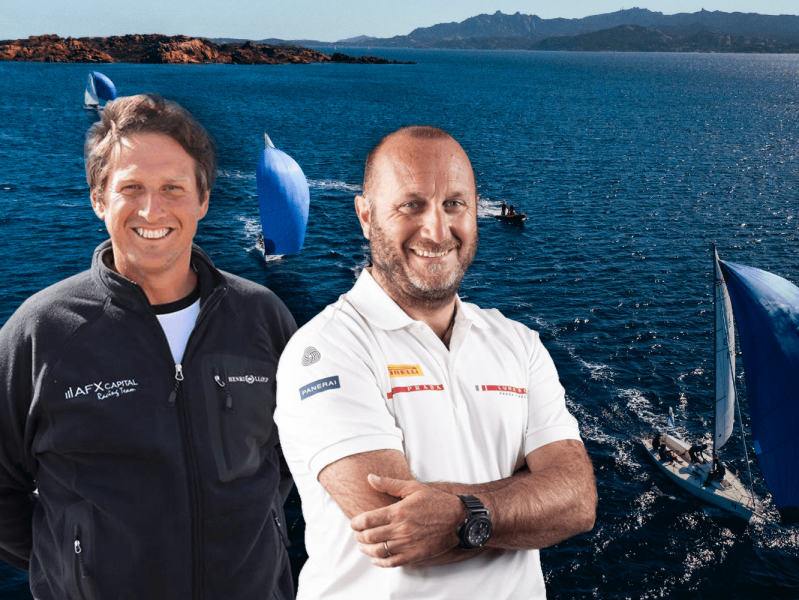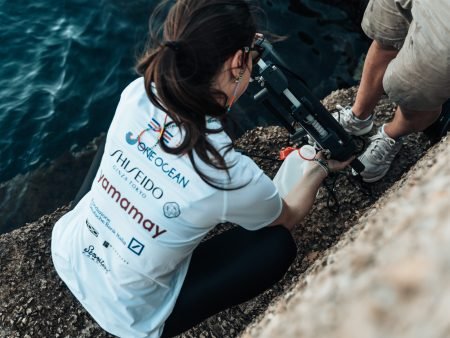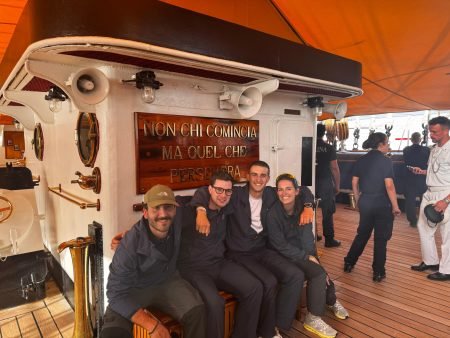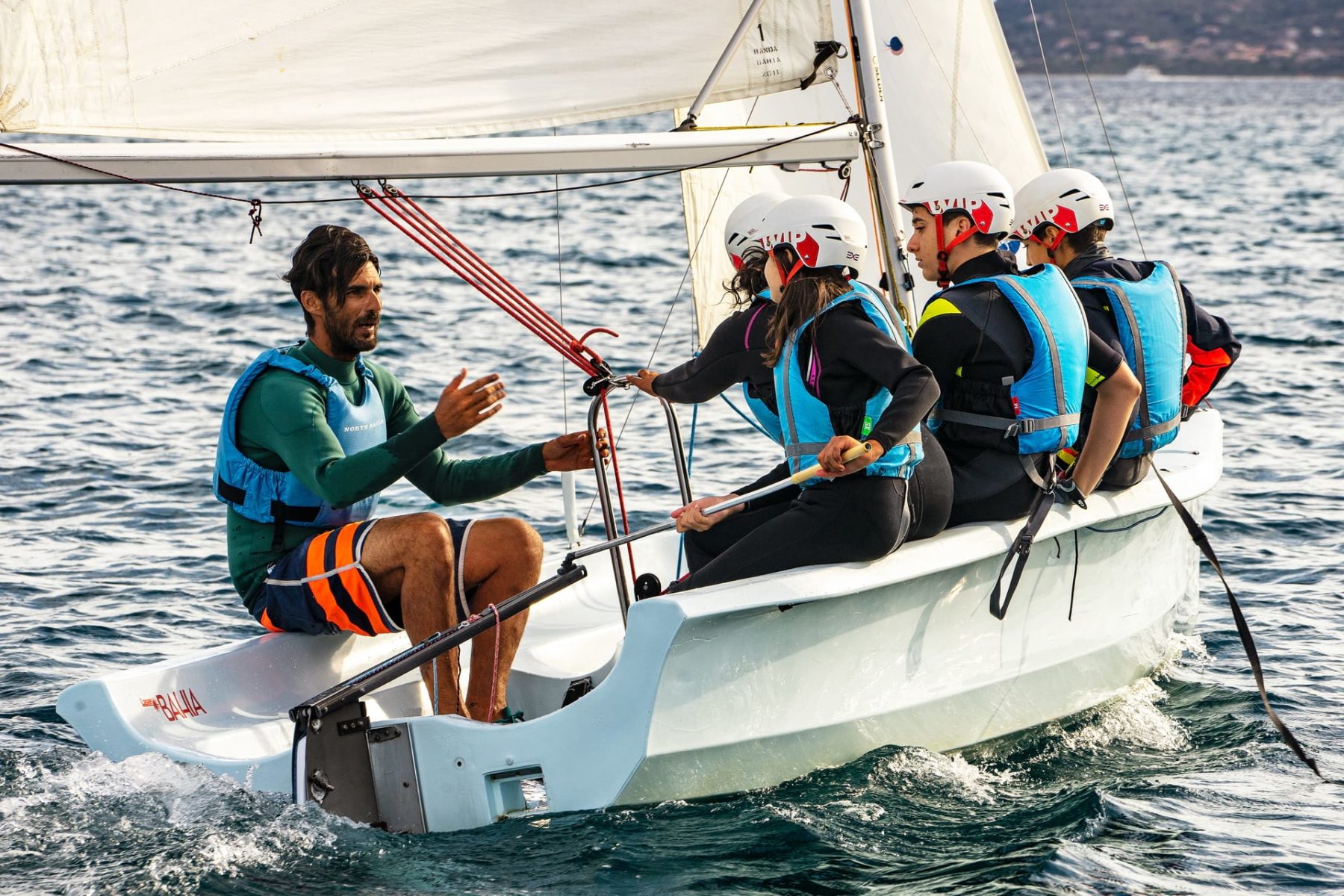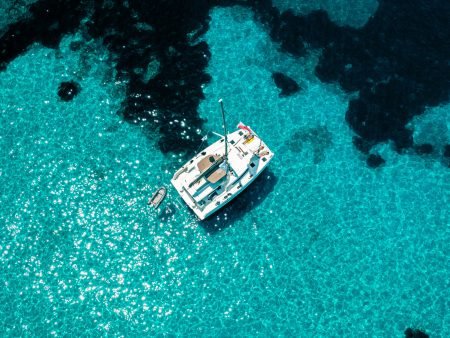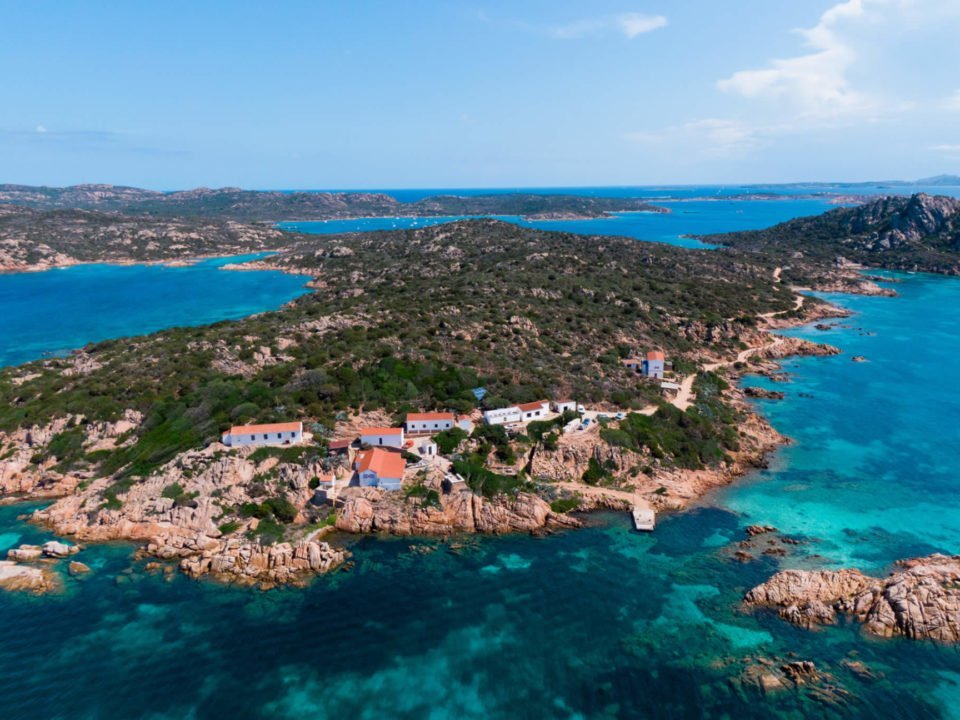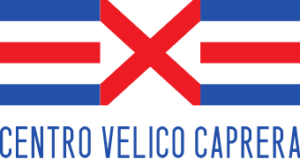It was in the air and now we can officially confirm it: the Master Stage organised by the Olympic champion and coach Ganga Bruni will see the participation of Luna Rossa skipper Max Sirenaas a guest for three days.
The course (which will be held a week later than initially planned, postponed to turn 41 scheduled from 9 to 16 October) is open to all those who meet the required prerequisites, will be held on J80s and is an exceptional opportunity to delve into the sporting dimension of sailing with two of the best in the world. Crew work, sailing technique and improvement of sporting performance, racing strategy and perfecting the various roles on board will be the focus of this unmissable Master Class.
The course will also be an opportunity to select the four best elements that will have the task of representing the CVC at the European Championship RS21 to be held in Malcesine from 20 to 23 October. The School will take care of the boat, the necessary insurances and registrations and the crew uniforms. In addition, the boat will be available to the racers for a training session in Malcesine pre-championship.

